Chilling Versus Freezing
By. Najih - 24 Mar 2023
kelolalaut.com - Frozen seafoods have the advantages of being very close in taste and quality to fresh food. Chilling and freezing are the most effective weapons to control bacterial activity. Here are differences chilling versus freezing as below :
|
Item |
Chilling |
Freezing |
|
Description |
Refers to exposing food products to low temperatures |
Refers to exposing food products to temperatures below their freezing point |
|
Temperatures |
1 to 4°C |
below -18°C |
|
Term Storage |
Short-term storage (< 1 month) |
Long-term storage (> 6 months until 2 years) |
|
Ice formation |
No |
Yes |
|
Microorganisms |
Reduce growth but alive |
Kill 10 – 60 % microbial |
|
Nutritional Value |
Nutrition reduces with storage time |
Most nutrient retain |
|
Price |
Premium |
Affordable |
The exceptional efficiency of freezing as a method of food preservation is, to a large extent, due to the depression of water activity. Indeed, when food is frozen, water separates as ice crystals and the remaining non-frozen portion becomes more concentrated in solutes. Physical changes, such as the formation of large ice crystals with sharp edges, expansion. Biological changes, enzyme activity is strongly slowed down but not totally eliminated by refrigeration, even below freezing temperature. The bacterial count after a given storage time is considerably lower. The rate of freezing has an important effect on the quality of frozen foods. The quality changes during frozen storage and get into irreversible changes such as protein denaturation, accelerated oxidation of lipids, and destruction of the colloidal structure of the food.
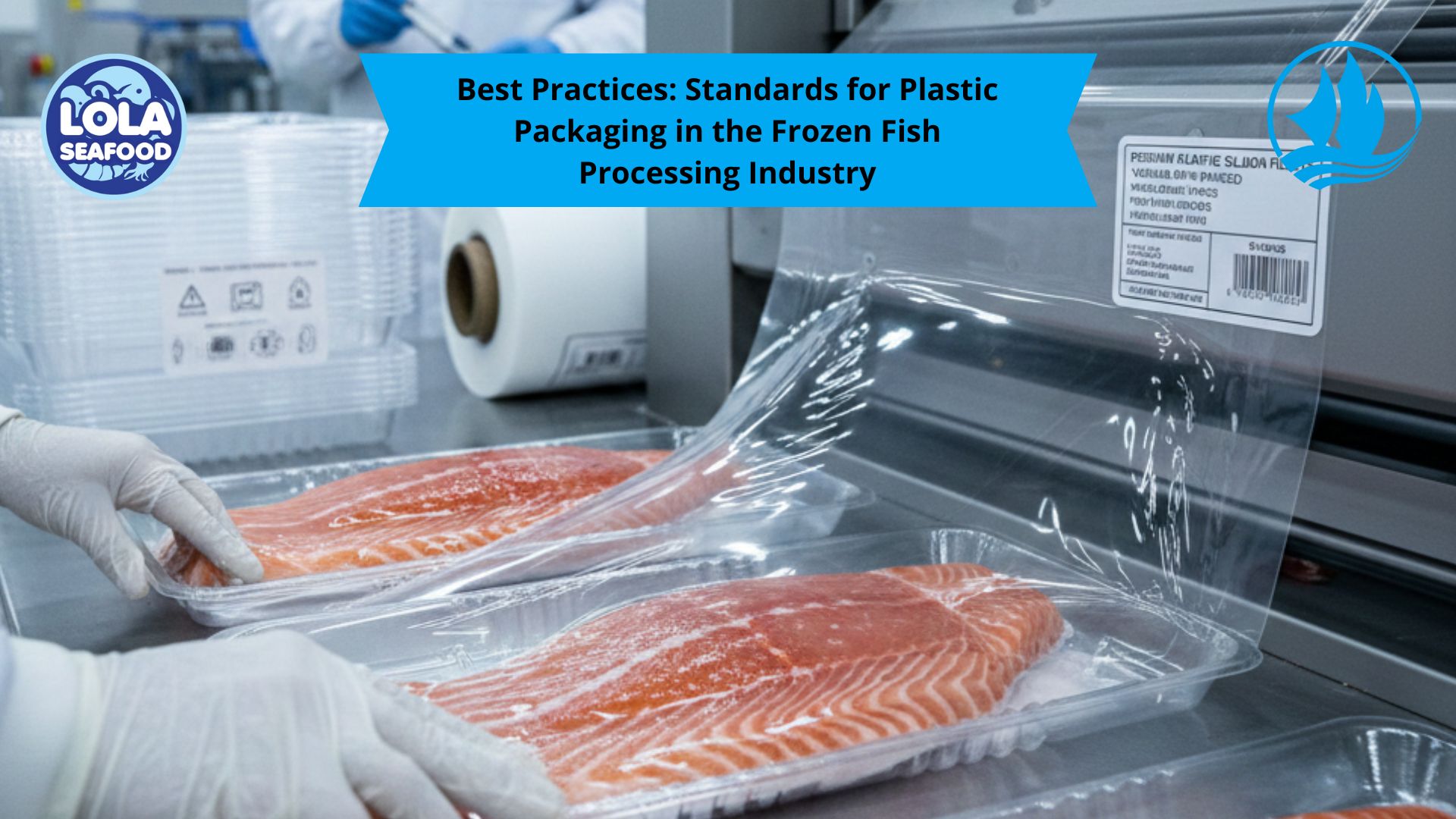
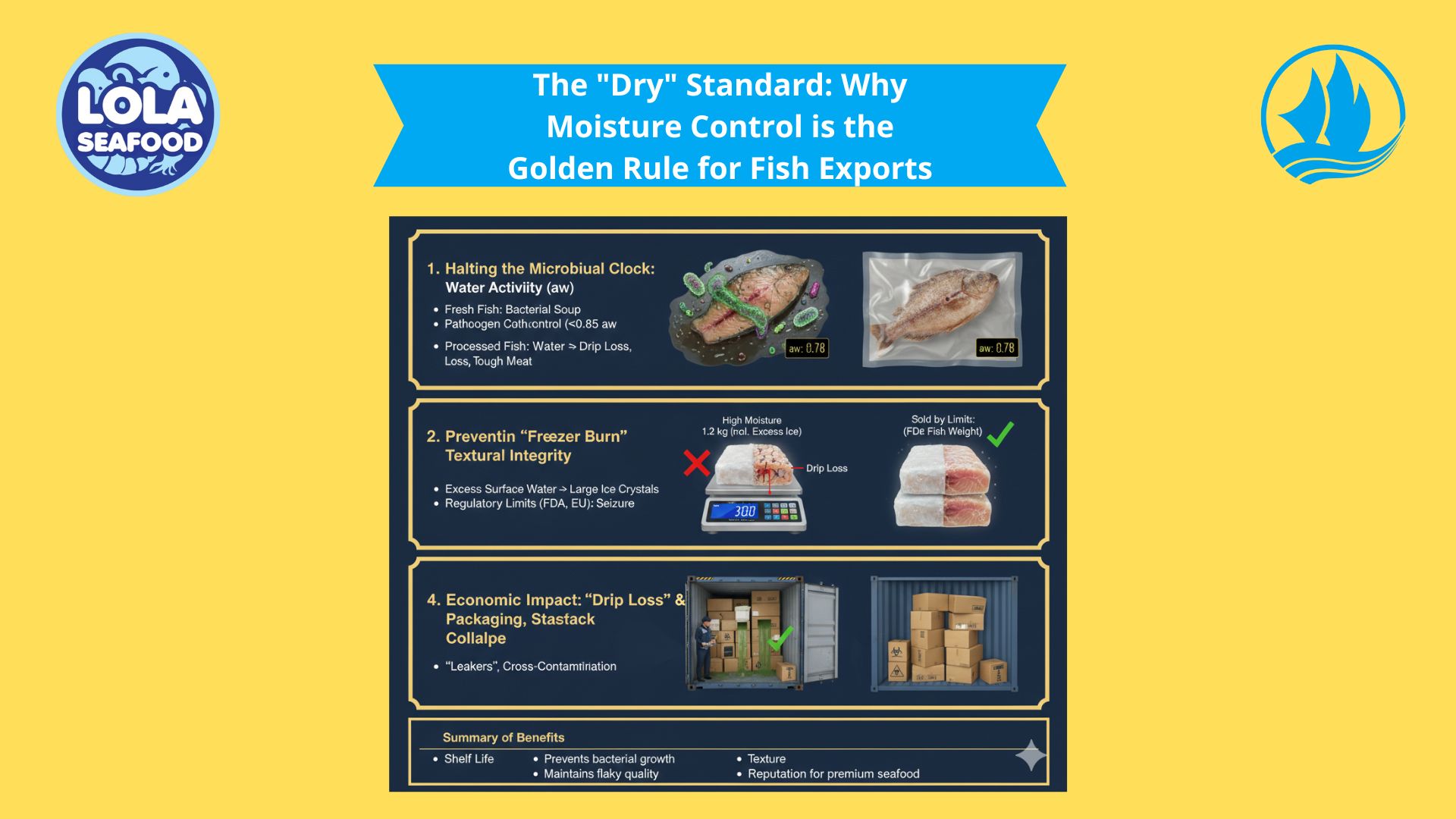
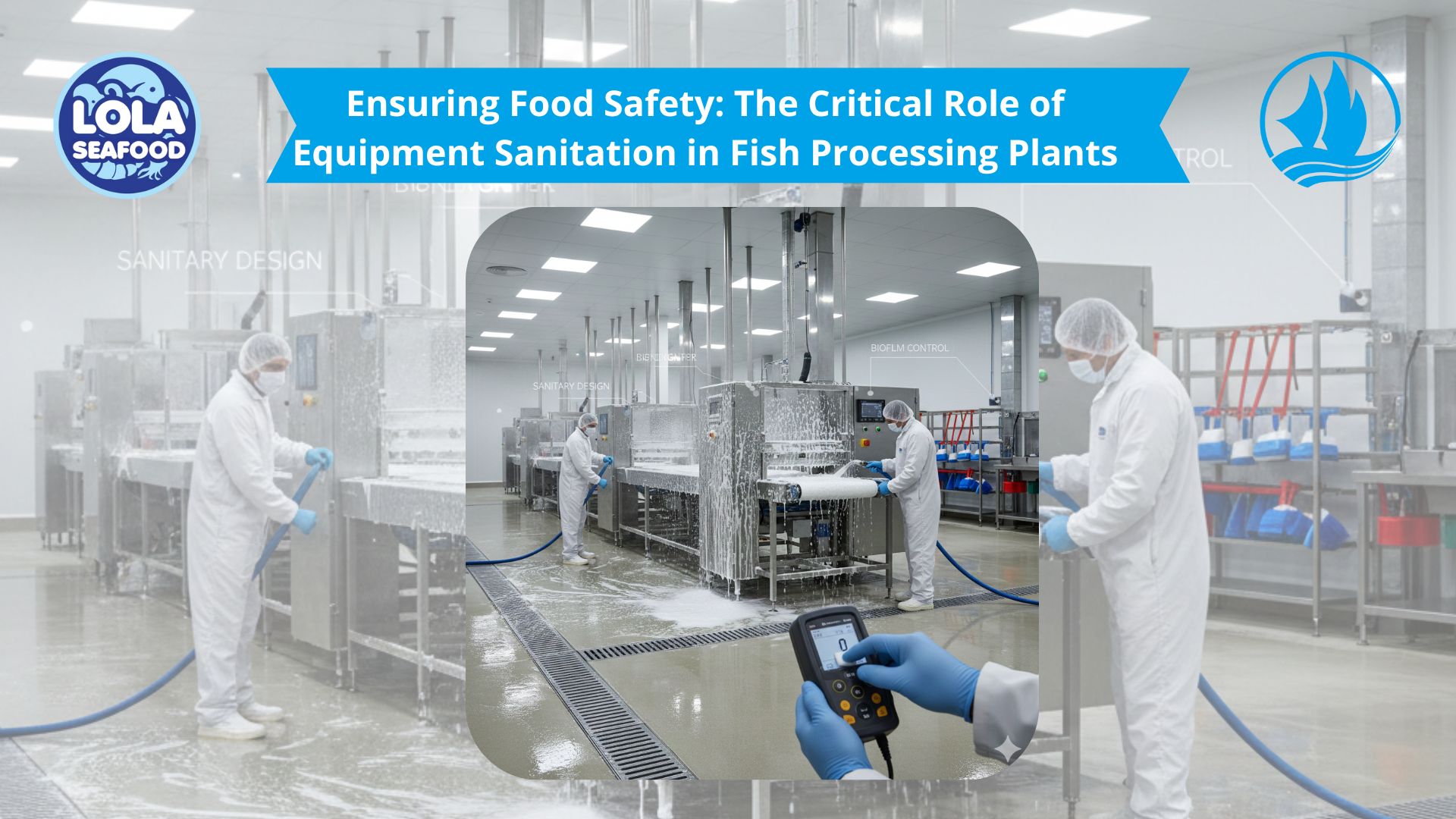
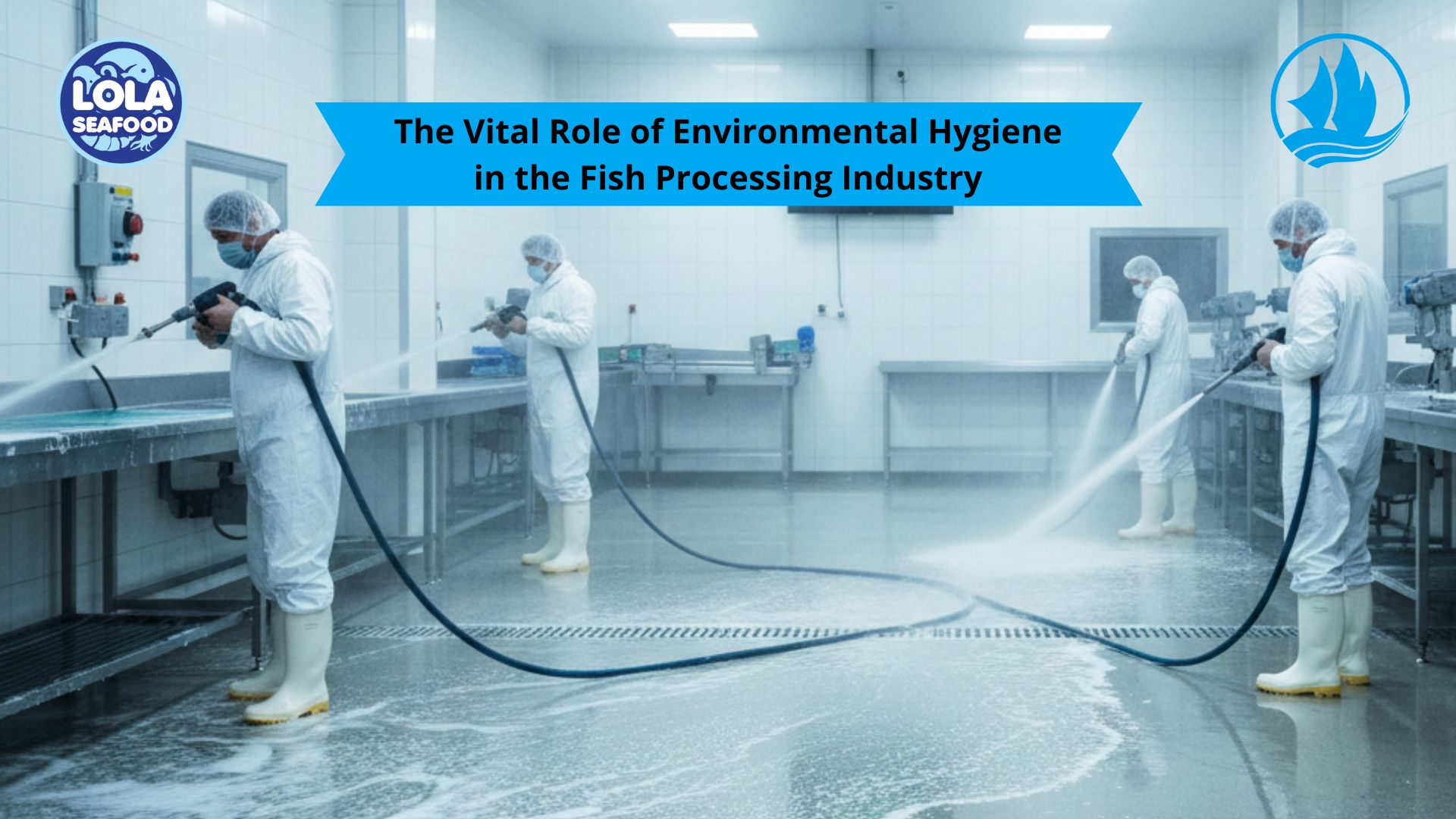
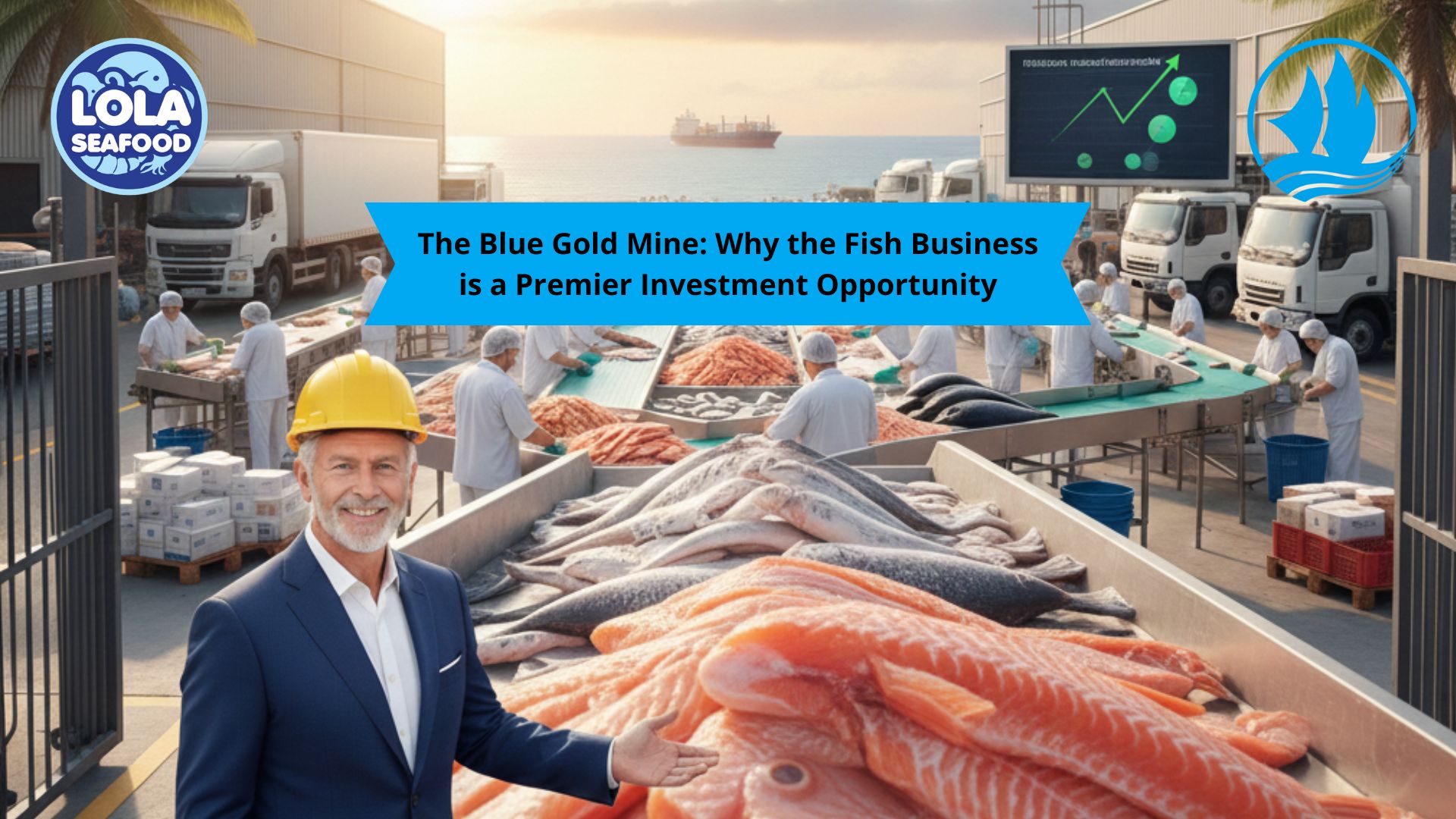
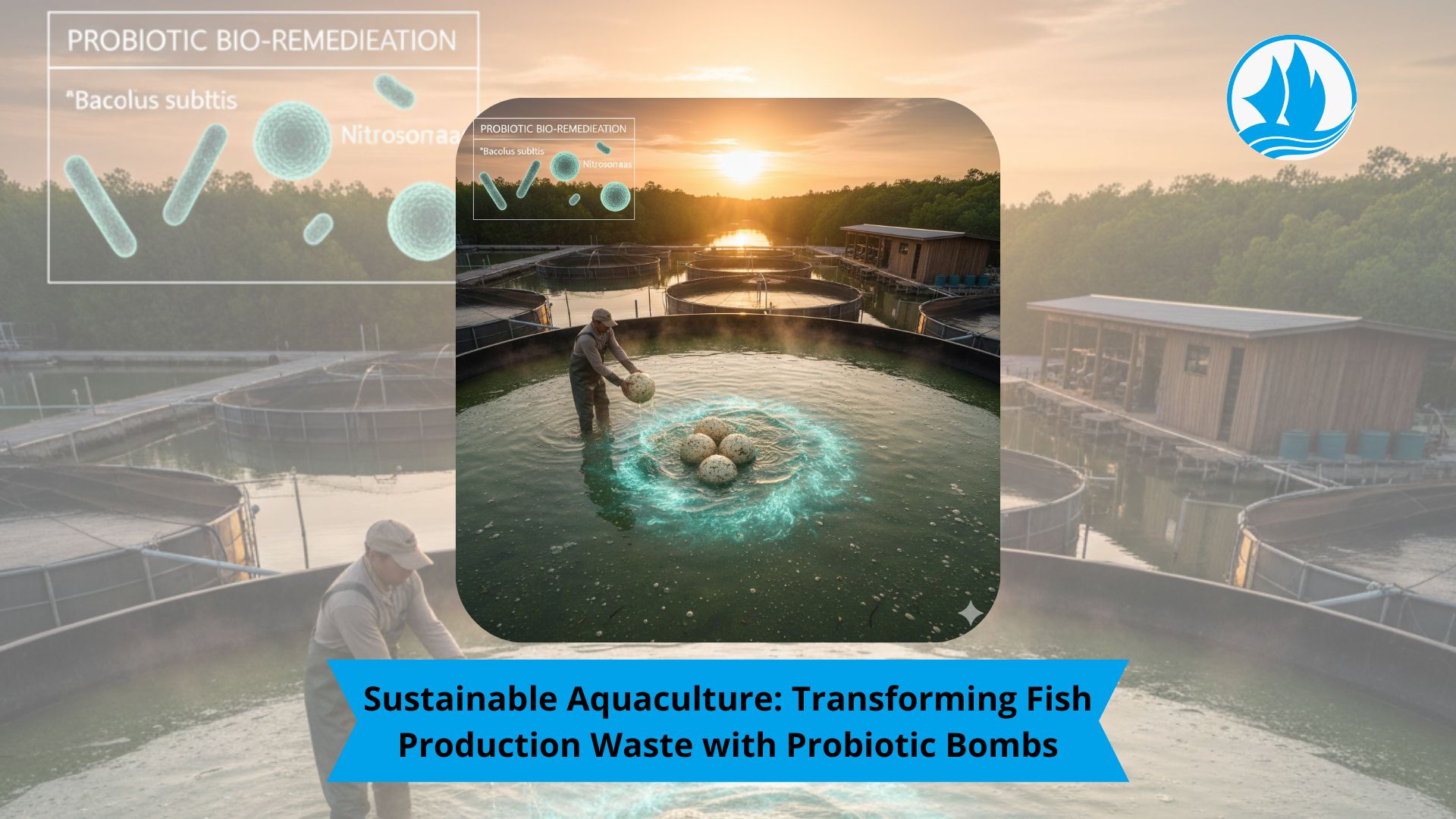
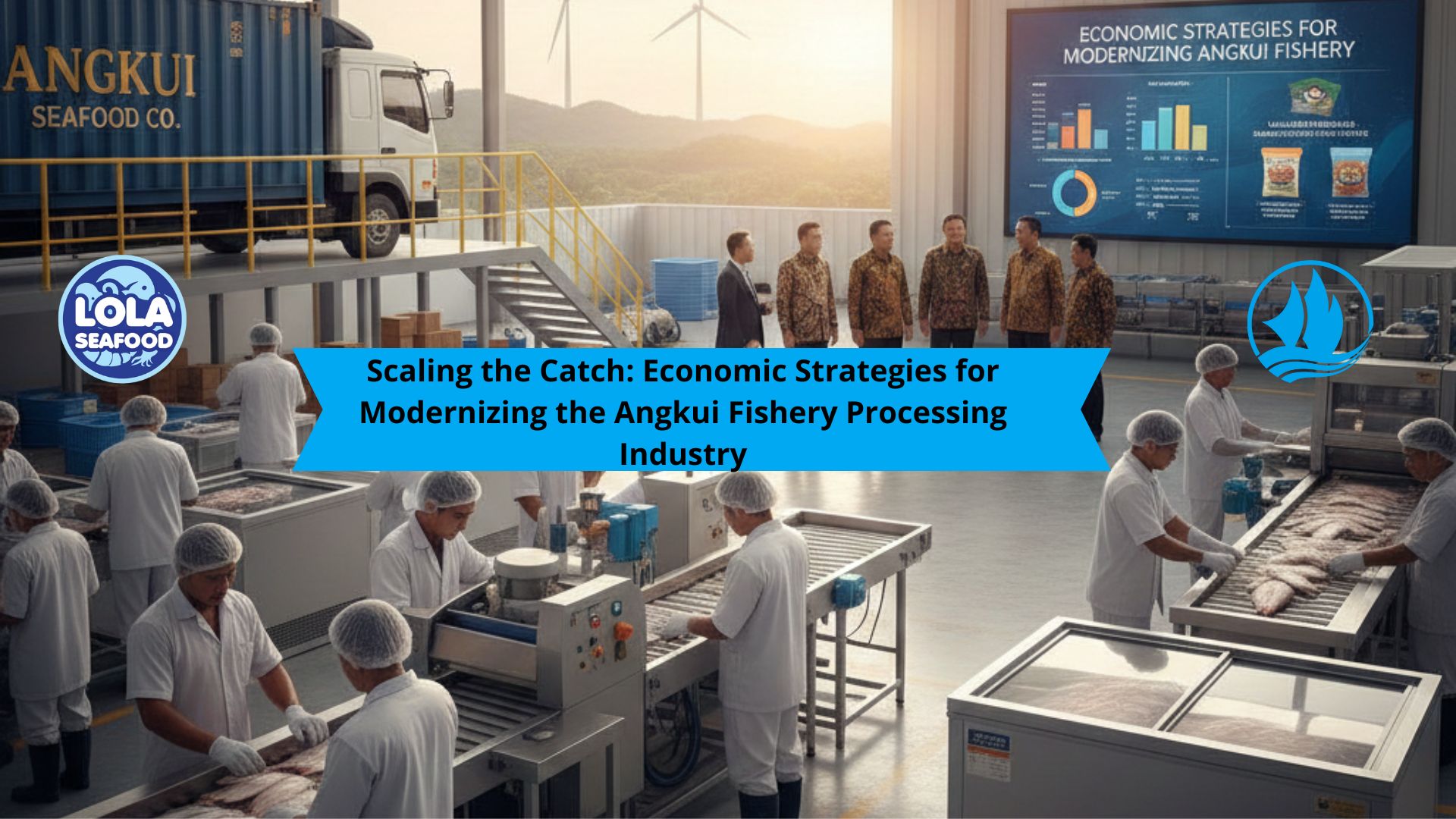
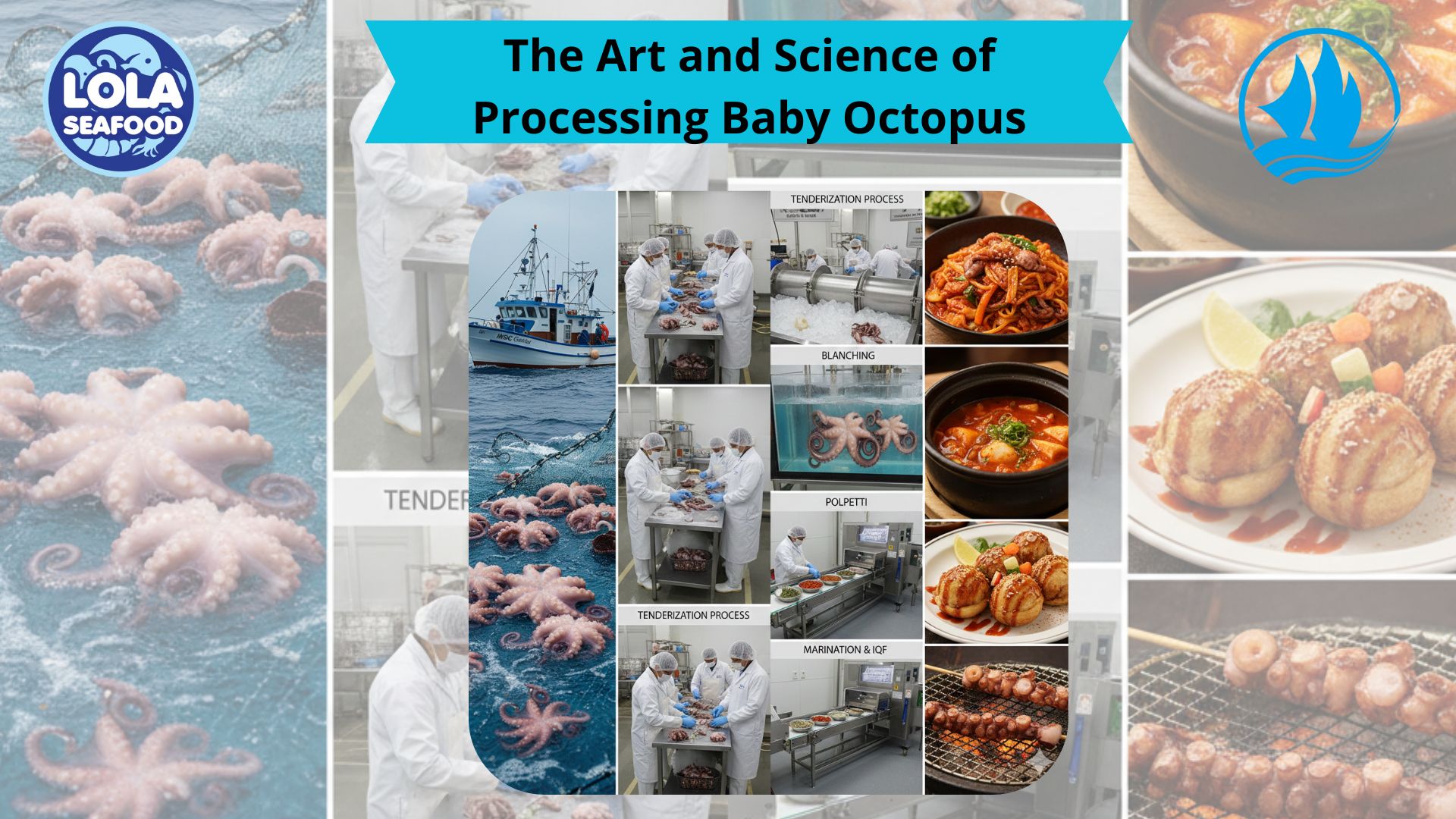
 in Modern Fish Processing Industries.jpg)